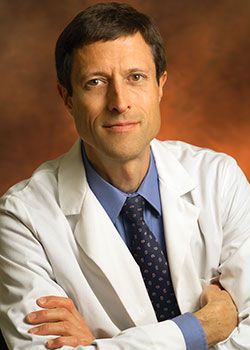
WASHINGTON (Nov. 14, 2014) — A new global meta-analysis published in Cardiovascular Diagnosis and Therapy shows a plant-based vegetarian diet accelerates type 2 diabetes treatment by lowering HbA1c levels by 0.4 points.
Researchers with the Physicians Committee analyzed dietary patterns of 255 adults with type 2 diabetes in the United States, Brazil, and the Czech Republic. They find a low-fat vegan or lacto-ovo vegetarian diet lowers HbA1c by an average of 0.4 percentage points and up to 0.7 points in some studies, comparable to the same effect of alpha-glucosidase inhibitors.
“Plant-based diets work in a different way than ‘conventional’ diabetes diets,” says Neal Barnard, M.D., of the George Washington University School of Medicine and Health Sciences and one of the study authors. “We now know that type 2 diabetes is caused by insulin resistance. Getting the animal fat—and fats in general—out of the diet helps repair insulin’s ability to function.”
The American Diabetes Association’s Clinical Practice Recommendations have cited the value of vegan diets for type 2 diabetes for several years. The new study results will give more confidence to doctors who aim to reduce their patients’ need for medications. Currently, more than 100 million Americans have either diabetes or prediabetes.
“A diet change beats a pill,” says registered dietitian Susan Levin, M.S., R.D., also a study author. “A plant-based diet improves blood sugar, body weight, blood pressure, and cholesterol all at the same time, something no drug can do.”
Adults with diabetes have a 2-4 times higher risk for heart disease or stroke, compared to those without diabetes. If current trends continue, one in three children born today will develop type 2 diabetes at some point in his or her life.
###
This Press Releases posted courtesy of the Physicians Committee for Responsible Medicine.


